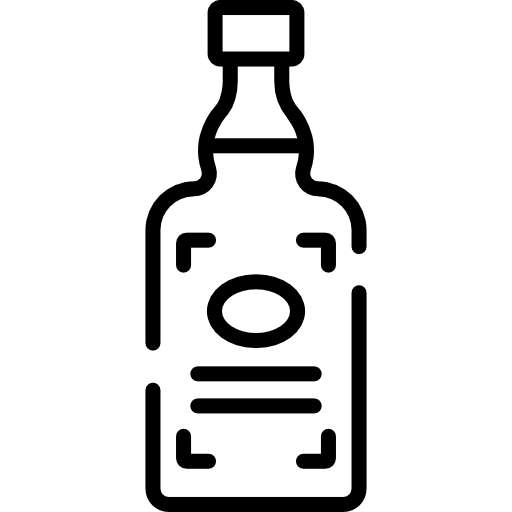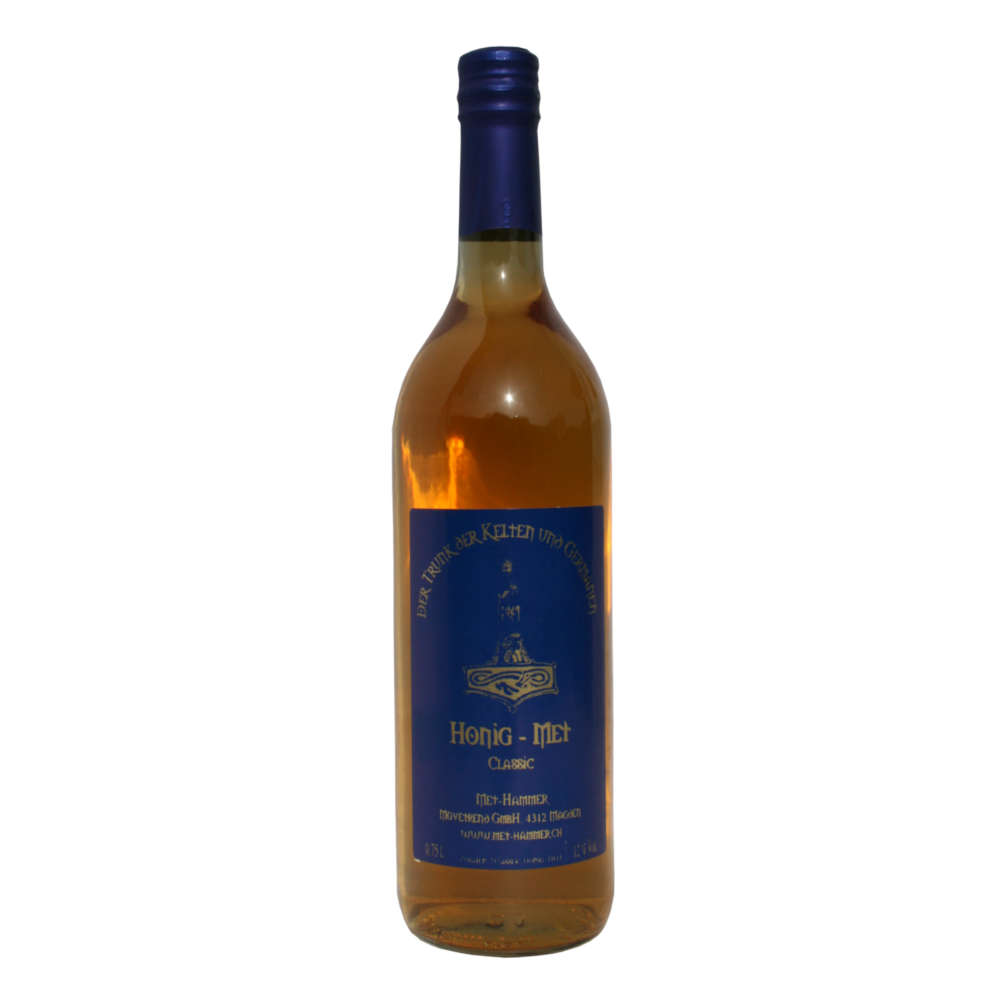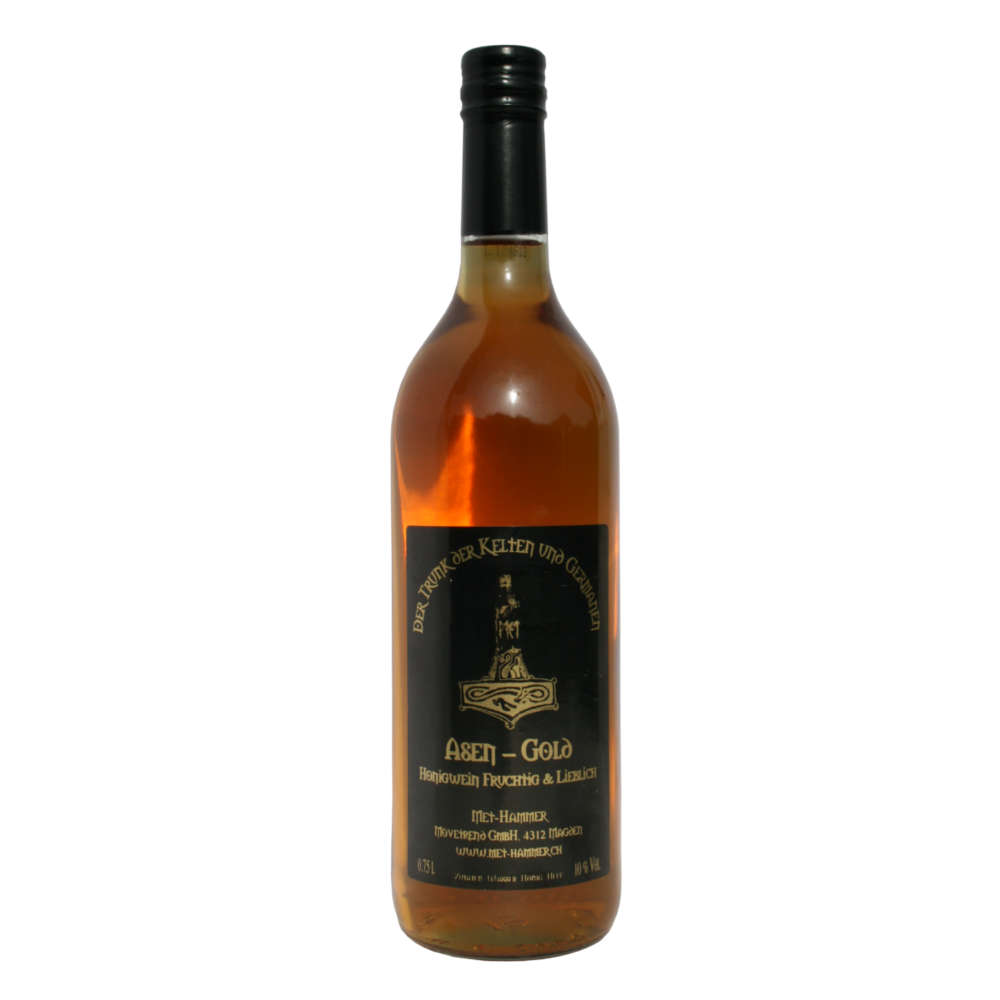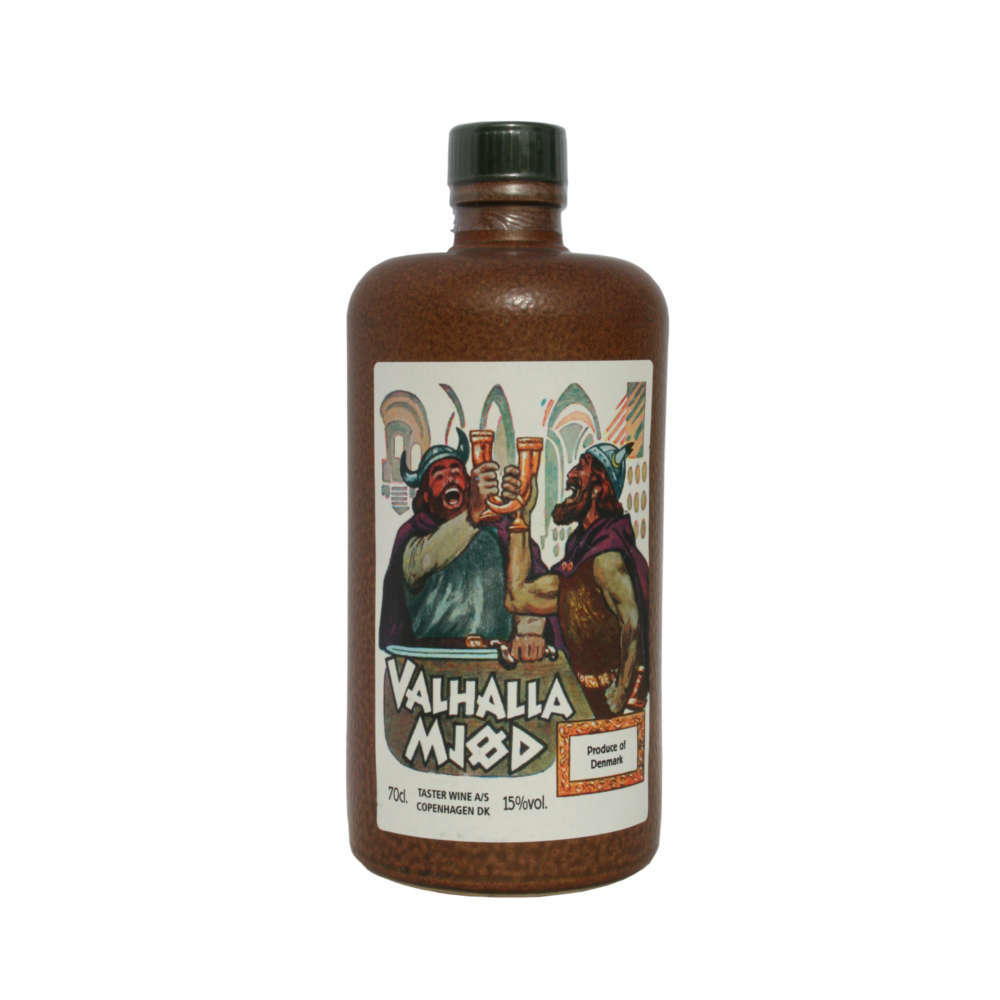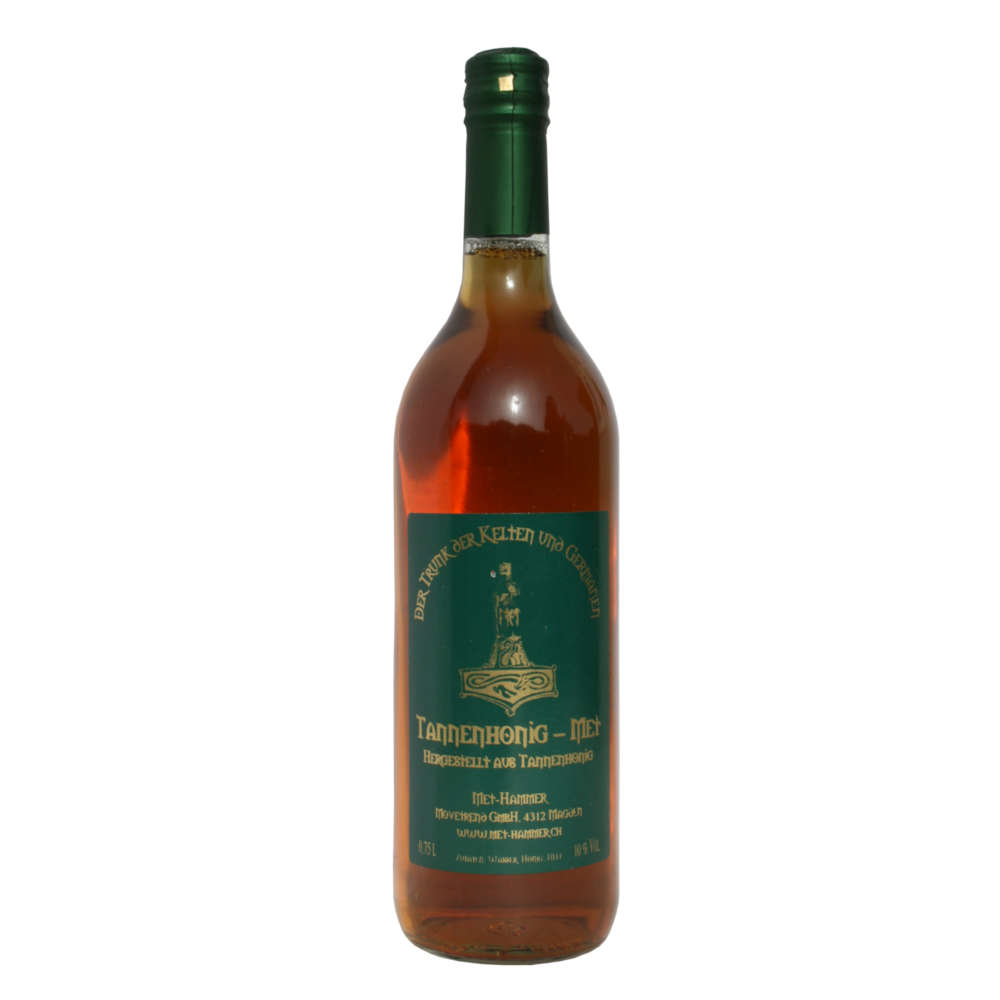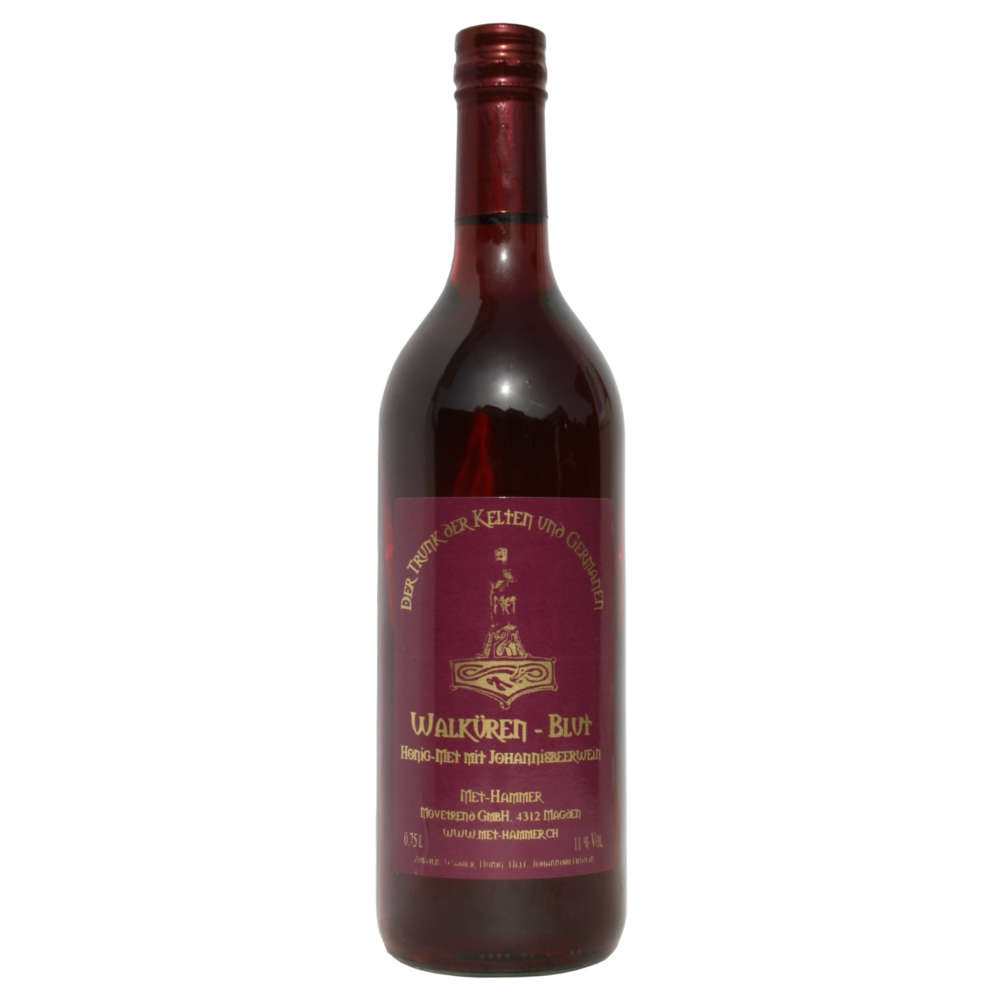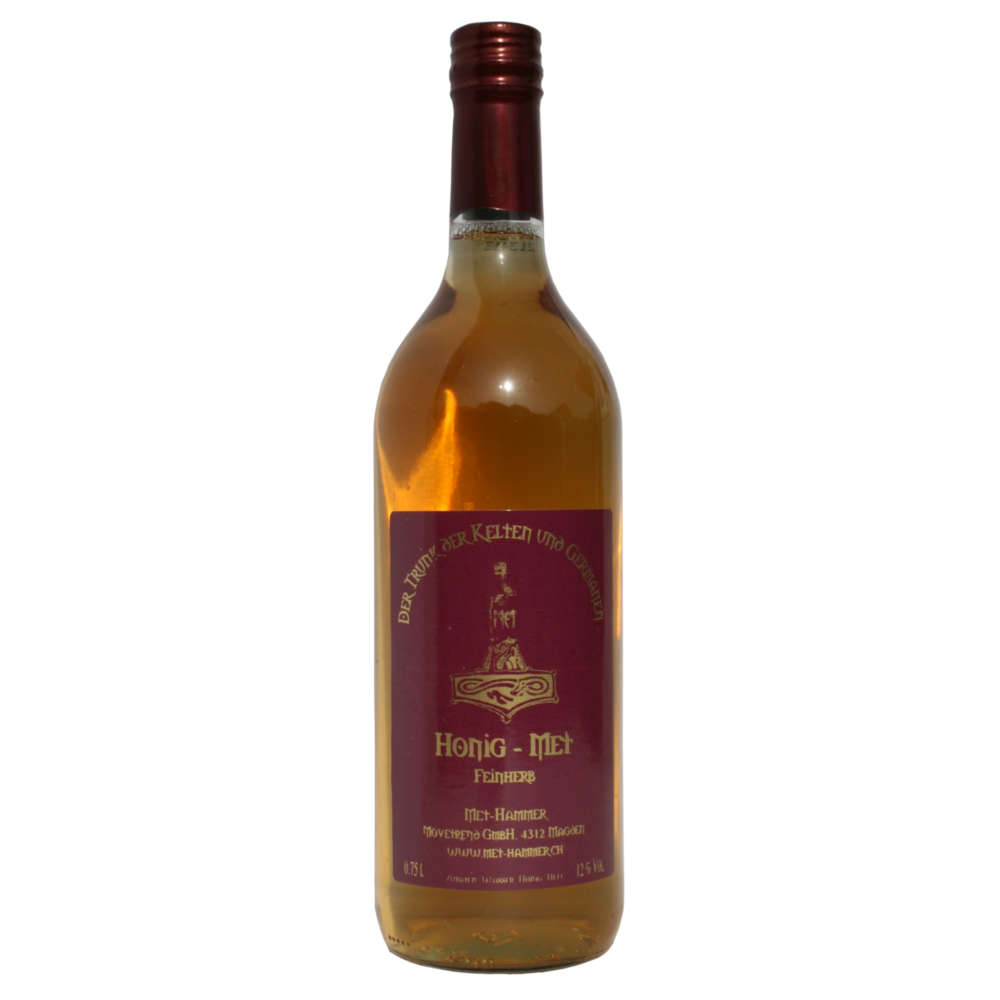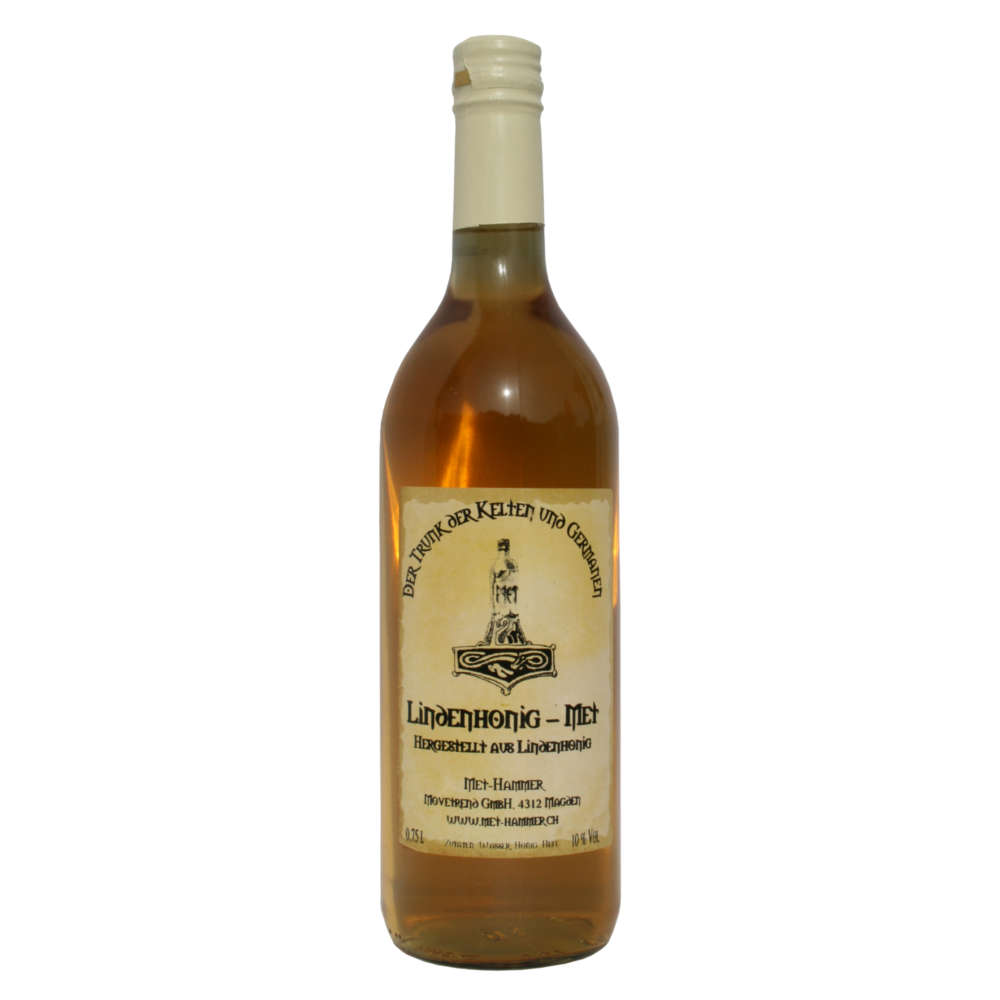What is mead?
The word mead comes from the Indo-European "madhu" and means something like sweet drink.
Mead is a product made from honey, water and yeast. The dissolved honey is subjected to a fermentation process lasting several weeks, during which its sugar is converted into alcohol. The honey used, the alcohol content, the type of yeast and the acidity determine the taste. Mead is storable and gets better with age.
Mead can be drunk both cold and hot, making it a delicious alternative to mulled wine.
How it all started...
It is established that mead and grape wine were mankind's first alcoholic beverages after beer, which can look back on an even older history (latest sources can be dated to about 5500 BC). Processes for the production of wine were already around 3500 BC in Egypt and the Near East. known, mead production has a somewhat older tradition.
The drink was extremely popular not only among the Germans, but also among the ancient Greeks, Romans and in Great Britain and Scandinavia.
At festivals and mystical cults, mead was used as an intoxicating drink, and because the effects of alcohol were not yet understood, many myths and legends arose about the drink, and mead became a gift from the gods.
Mead was given a place of honor at the Roman banquet tables alongside drinks made from grapes. Since sweet honey could only be obtained from wild bees, mead was a very expensive drink.
Under Charlemagne, mead was the drink at court par excellence. At that time, it was also increasingly used by monastery brothers as a remedy or remedy carrier (addition of herbs).
It was not until the late Middle Ages that honey wine became a drink of the "common" people due to the establishment of beekeepers. This was not without consequences for the choice of drinks at court. So the royal houses turned their attention to grape wine from the south. With the additional emergence of breweries, which could produce alcoholic beverages much more cheaply, the precious mead fell more and more into oblivion.
In modern times, naturopath and alcohol opponent Sebastian Kneipp wrote:
"Mead does a lot of good, it causes a good appetite, promotes digestion, cleanses and strengthens the stomach, gets rid of unhealthy substances, gets rid of what is harmful to the body. Its effect is very favorable on the blood, the juices, kidneys and bladder because it cleans, dissolves and drains everywhere. For the elderly as well as for us, mead is a tonic. The Teutons enjoyed exceptional health and lived to a ripe old age. They owe both health and old age to their mead.”
The high esteem is understandable, because in the past, the filled honeycombs used to be completely fermented for mead production. The glandular and growth substances of the bees as well as wax, pollen and propolis and their numerous amino acids, vitamins, minerals and ferments ultimately went into the mead.
Due to its variety of flavors, the mead is gaining more and more popularity these days.







